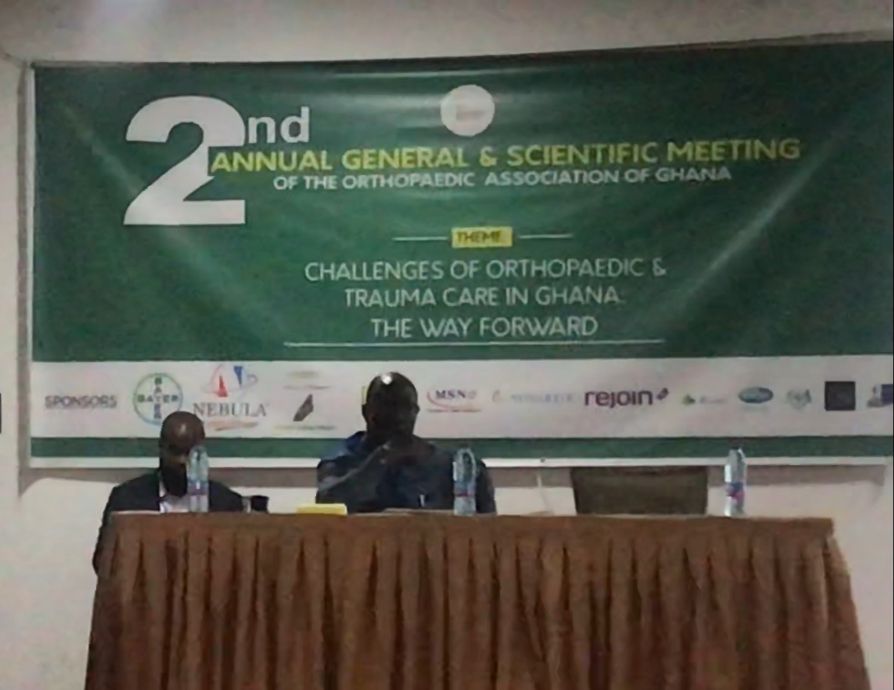The Orthopaedic Association of Ghana has called on relevant authorities to establish training centres in the country to train more orthopaedic surgeons.
According to the association, they lack adequate facilities and equipment for smooth running of orthopaedic surgery training as well as inadequate staff to cater to the needs of people across the country, hence the call.
Speaking to Citi News on the sidelines of an annual general and scientific meeting of the Orthopaedic Association of Ghana held in Accra, the rector of the Ghana College of physicians and surgeons, Professor Richard Adanu intimated that the profession was important, hence it should be supported.
“Orthopaedic and trauma care surgeons are very important. All specialists are important but orthopaedic and trauma care surgeons are extremely important because of the road traffic injuries that we have. The rate at which people die from road traffic injuries is very high, but we have just about fifty orthopaedic and trauma surgeons for the entire population and that is not enough,” he said.

“When we look at the hospitals around the country, we don’t have orthopaedic and trauma surgeons in each hospital. What we need is that each of the regional hospitals should have two orthopaedic and trauma surgeons, and then we’ll have a higher number in the teaching hospitals because that is where training is done,” he added.
Also addressing the media, the president of the Ghana Orthopaedic Association, Dr Raphael Kumah Ametepey indicated that some challenges orthopaedic and trauma care surgeons face in Ghana include “how to set up regional hospitals to be equipped enough to allow us to have our doctors sent there so that they can offer the services that the country needs from us because our numbers are very few.”
In fact, if you count our number in the country, it is woefully inadequate, so that is our main challenge now.”
He further added, “When we start getting the numbers, we need equipment. The work of orthopaedics requires digital things, and we need equipment to work, so we don’t have the equipment. We might have the doctors trained but the non-availability of the equipment will not enable the people we have trained to offer the service.”
Source: citifmonline


Comments